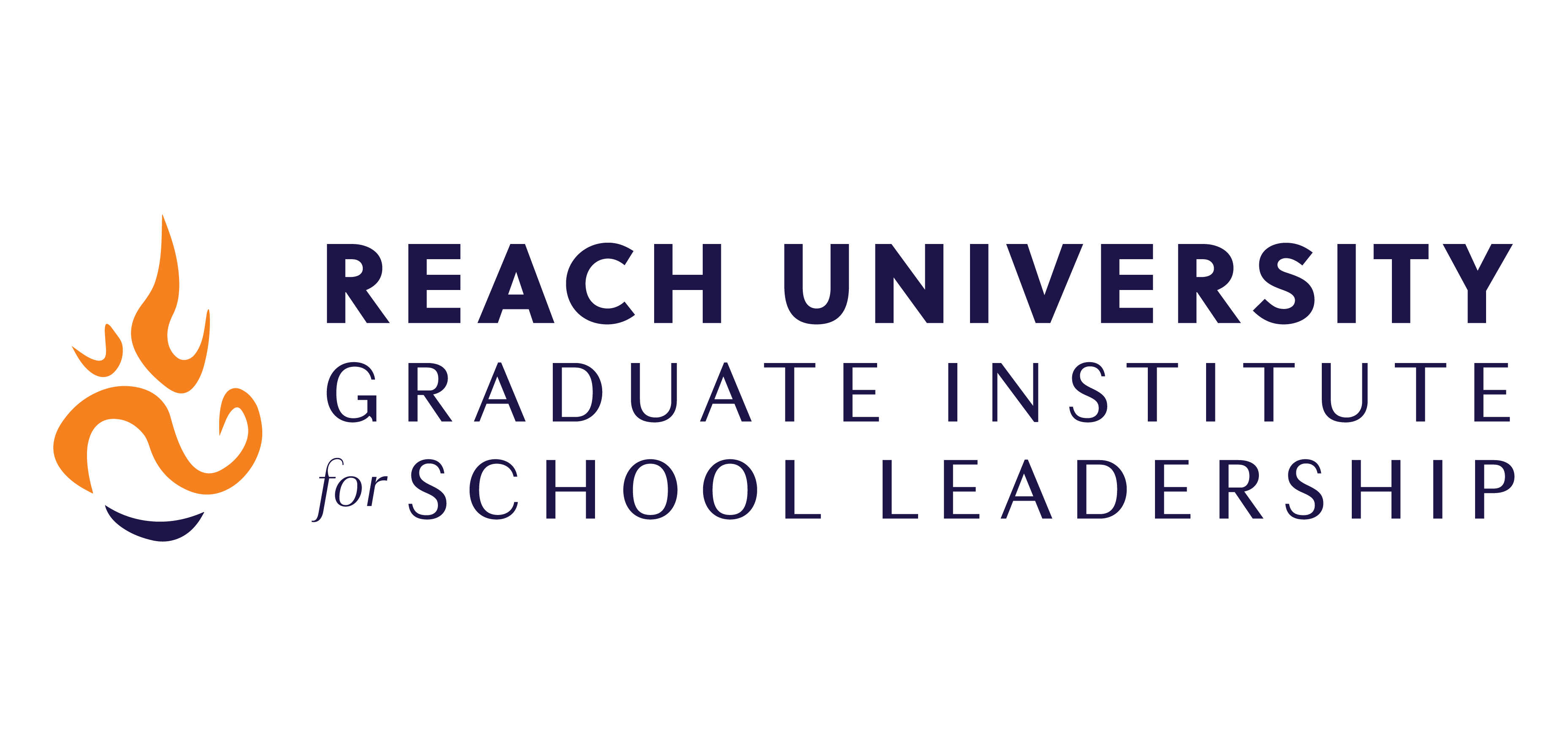Credit Hour Policy
BACKGROUND
The Credit Hour Policy is intended to reflect Reach University’s commitment to best practices in higher education and demonstrate consistency with credit hour requirements dictated by federal law (600.2 and 600.4), updated July 1, 2020, to shift responsibility for compliance to the accreditation agency and/or state. This updated policy is in compliance with WSCUC guidelines (implementation date of June 2021) and the Reach Institute for School Leadership Credit Hour Policy originating in 2016.
PURPOSE
The purpose of this policy is to define the amount of instruction and candidate work equivalent to a credit hour or one unit of class. This policy also establishes a mechanism for periodic review of credit hour assignments to courses to ensure accuracy and consistency as well as adherence to standard higher education practices.
Reach University is pioneering a new era in higher education where a job leads to a degree instead of the other way around. Through job-embedded learning, Reach’s unique undergraduate and graduate degree programs leverage candidates’ workplaces as learning spaces, allowing employers to grow their own talent pipelines and working adults to earn a degree and/or a credential. Our approach and definition of Academic Instruction, Academic Preparation and Applied Practica reflect our approach to job-embedded degree and credential attainment.
DEFINITIONS
- Academic Instruction (class time): Defined course activities related to the academic subject that may include but are not limited to: submitting an academic assignment, engaging in or listening to class seminars or discussions (synchronous or asynchronous), taking an exam, participating in interactive Oxford Tutorials, contributing to academic online discussions, or similar academic activity.
- Academic Preparation (out-of-class preparation): Course activities related to preparation for academic instruction including but are not limited to: subject-matter research, reading, conducting research, reviewing course content, and completing practice-based assignments and projects.
- Applied Practica (job-embedded learning): Practica assignments are course activities that are embedded in the candidate’s actual work responsibilities. Practica are designed to integrate with the candidate’s regular teaching, leadership or other ‘on-the-job’ related tasks and assignments. Residency hours, applied assignments, participation in coaching and formative assessment, peer collaboration, observation of work practices, and performance assessments are examples of job-embedded course activities.
Credit Hour: WSCUC defines a credit hour as an amount of work represented in stated learning outcomes and verified by evidence of candidate achievement. Reach University defines a credit hour as follows:
- 1 Credit Hour = 45 hours of combined Academic Instruction (class time), Academic Preparation (out-of-class preparation), and Applied Practica (job-embedded)

